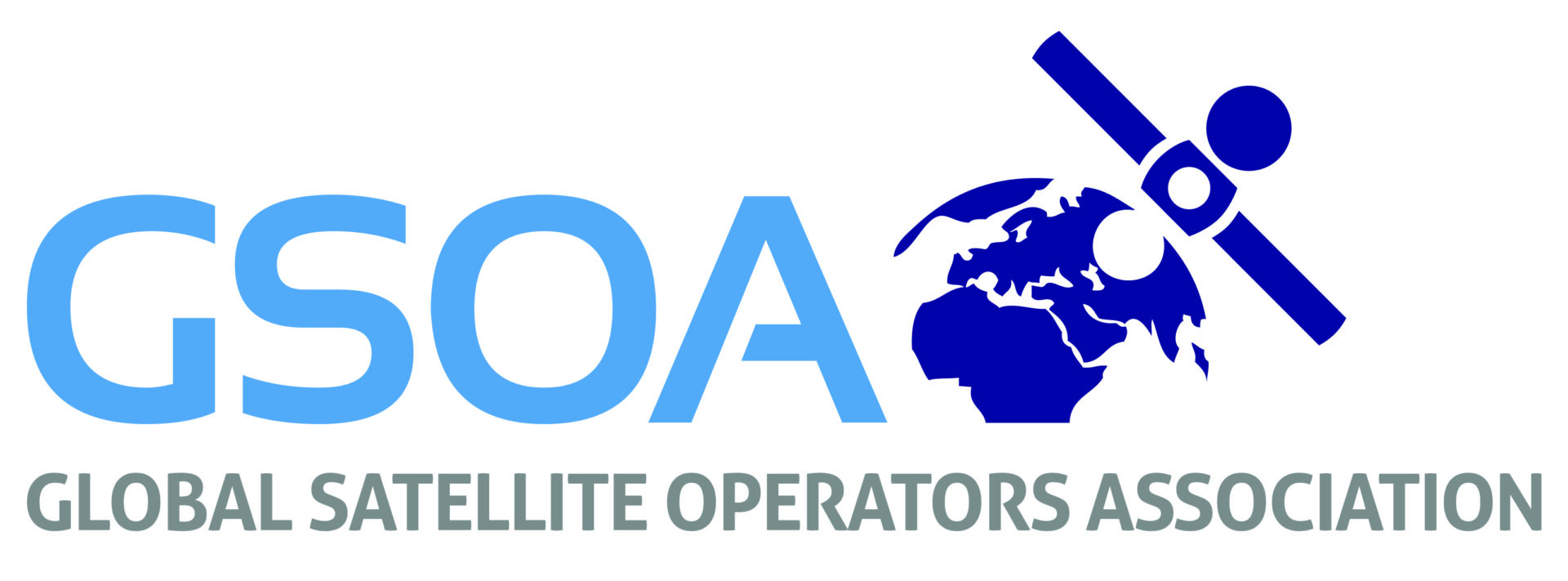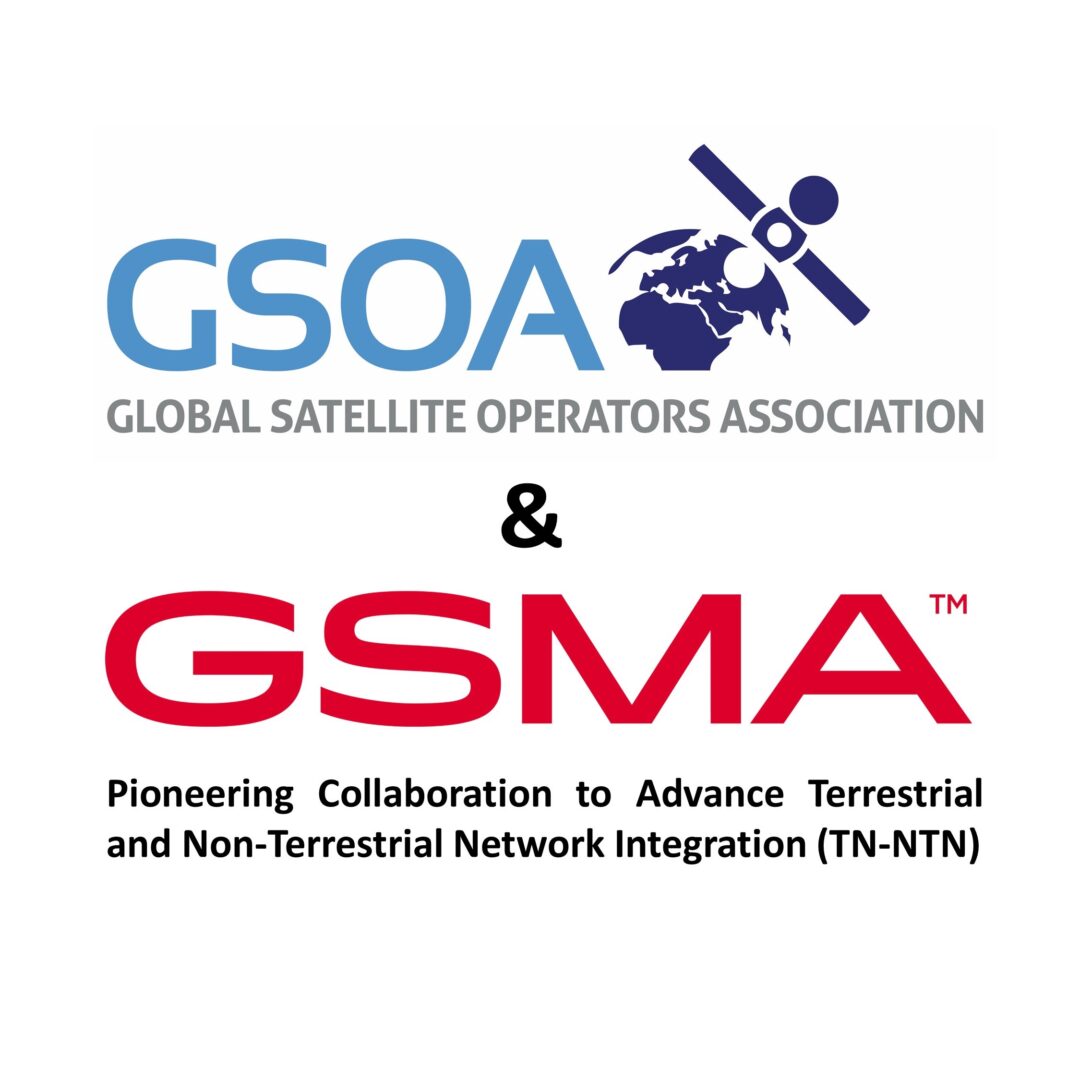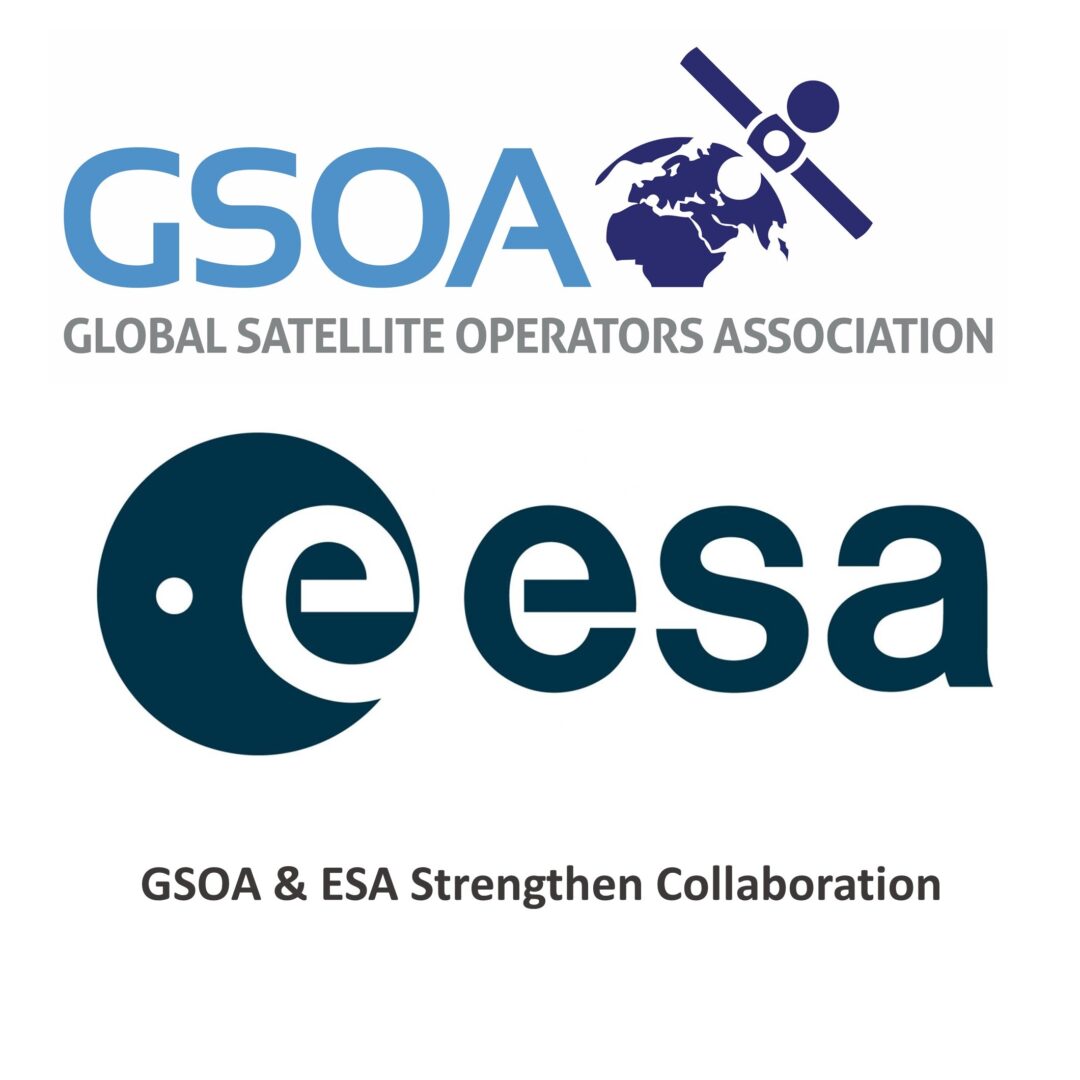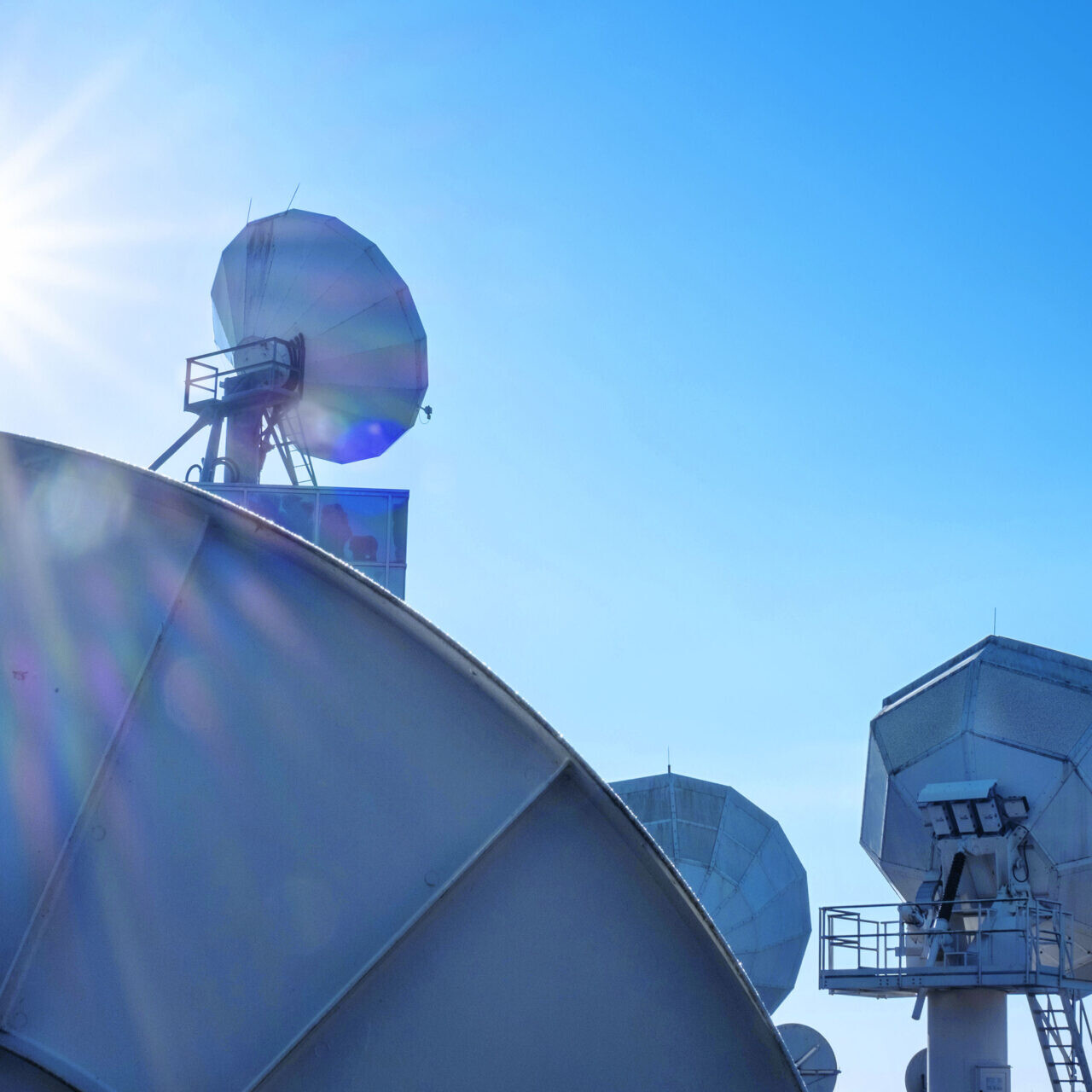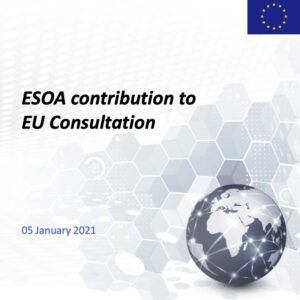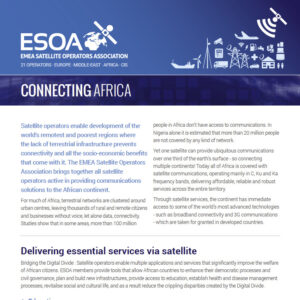ESOA welcomes UN broadband commission’s “Connecting the other half” targets
Broadband Commission for Sustainable Development 2025 Targets:
- By 2025, all countries should have a funded national broadband plan or strategy, or include broadband in their universal access and services definition.
- By 2025, entry-level broadband services should be made affordable in developing countries, at less than 2% of monthly gross national income per capita.
- By 2025 broadband / Internet user penetration should reach: 75% worldwide, 65% in developing countries, and 35% in least developed countries.
- By 2025, 60% of youth and adults should have achieved at least a minimum level of proficiency in sustainable digital skills.
- By 2025, 40% of the world’s population should be using digital financial services.
- By 2025, unconnectedness of Micro-, Small- and Medium-sized Enterprises should be reduced by 50%, by sector.
- By 2025, gender equality should be achieved across all targets.
The Broadband targets fit with the outcomes of the ITU’s World Telecom Development Conference held earlier this year in Argentina, where in direct acknowledgement to the immediacy of satellite connectivity, Member States recognised the fact that ‘timely’ access to connectivity offers opportunities for boosting productivity and efficiency to end poverty.
ESOA members and their satellite service provider partners look forward to cooperating with governments in emerging and developed economies alike in enabling the timely achievement of these goals in all ITU Member States.
About ESOA
ESOA is a non-profit membership organisation dedicated to serving and promoting the common interests of satellite operators from Europe, the Middle East, Africa, and the CIS. The Association today represents the interests of satellite operators who deliver information communication services across the globe. Together ESOA Members provide invaluable communications services to the whole world, including live broadcasting, emergency communications, maritime and aero communications, secure services for governments, 24/7 monitoring of industrial processes such as energy plants, weather forecasting and a whole range of other communications services.
Natalia Vicente
Director of Public Affairs & Communications
[email protected]
+32 2 669 4274
